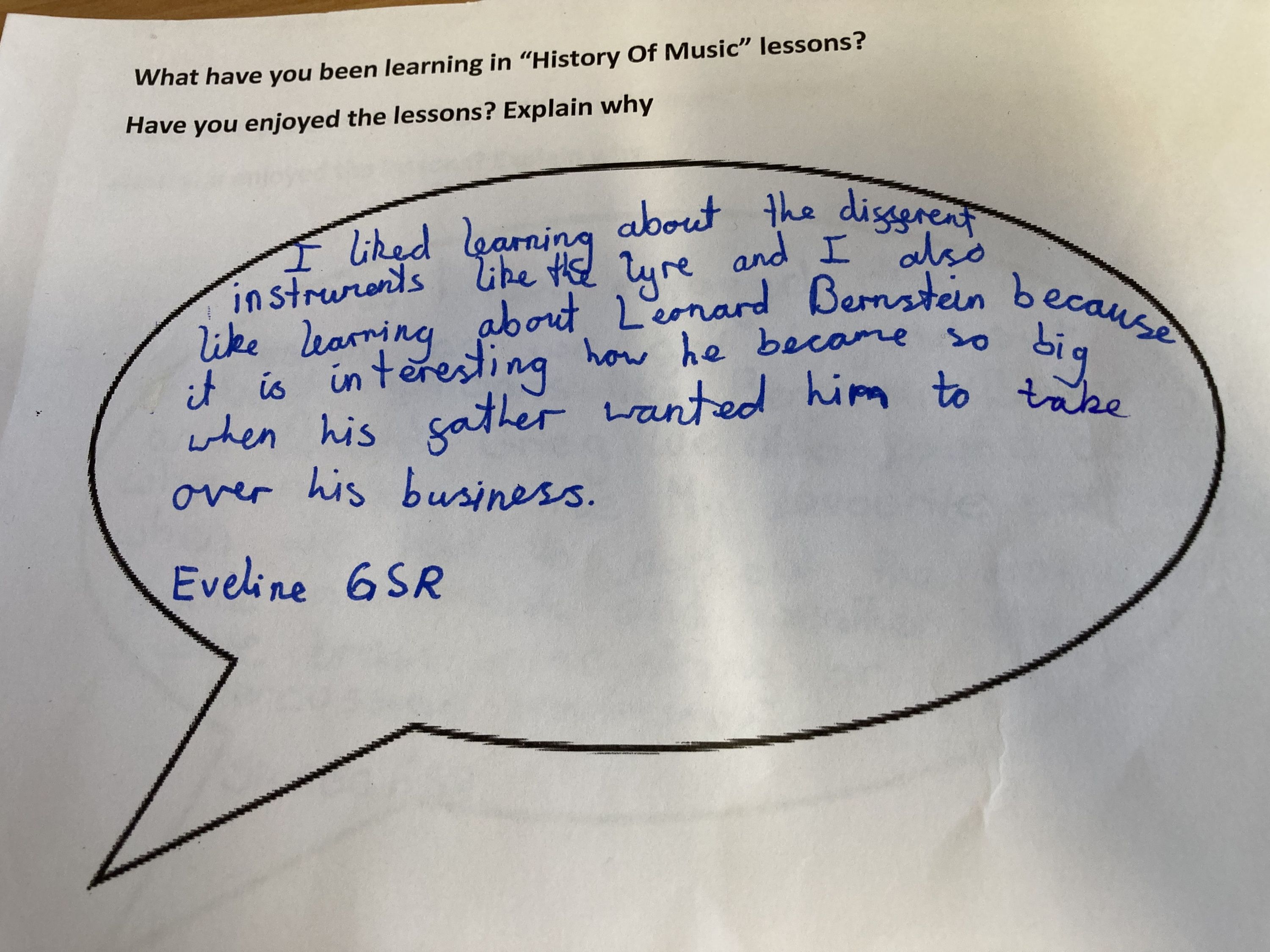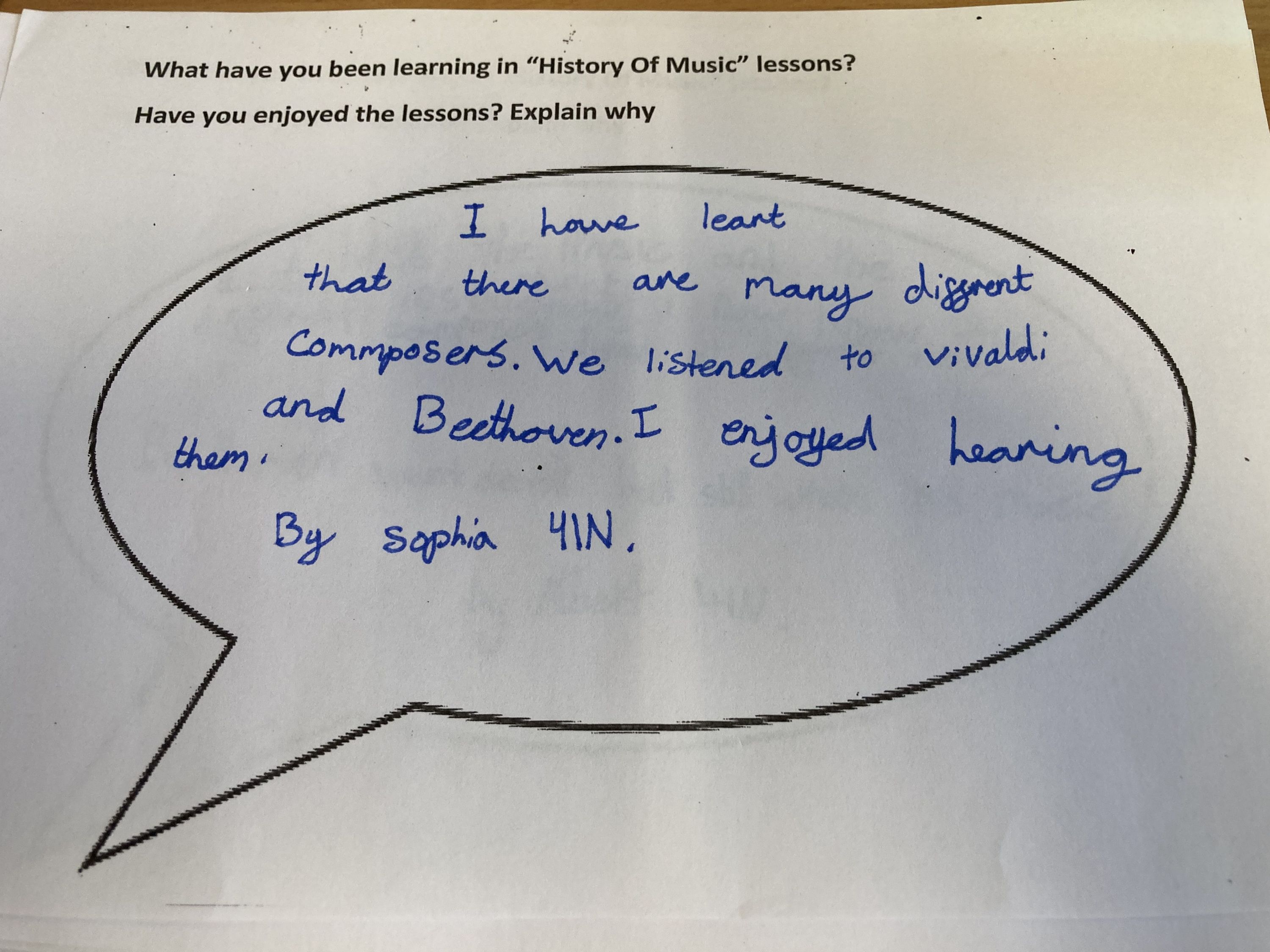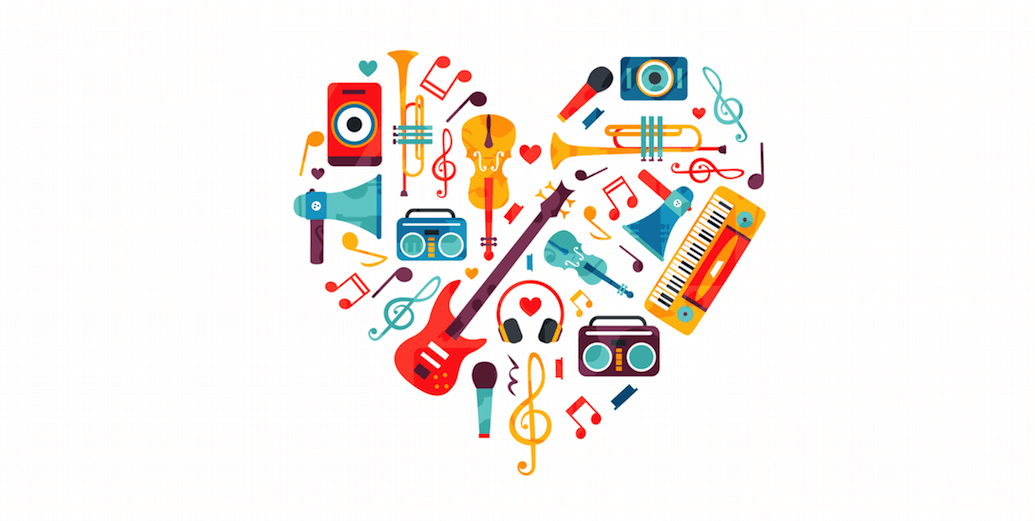Music
At Camrose Primary School we value a love for learning in music because it inspires creativity, self-confidence and increases essential learning and life skills for all, irrespective of ability.
The Music Curriculum Progression Grid shows what will be covered by all children and how skills and knowledge are developed as the children progress through the school.
Ambition / Intent:
The National Curriculum for music aims to ensure that all children:
- perform, listen to, review and evaluate music
- be taught to sing, create and compose music
- understand and explore how music is created, produced and communicated
At Camrose, pupils gain a firm understanding of what music is through listening, singing, playing, evaluating, analysing, and composing across a wide variety of historical periods, styles, traditions, and musical genres.
We are committed to developing a curiosity for the subject, as well as an understanding and acceptance of the validity and importance of all types of music, and an unbiased respect for the role that music may wish to be expressed in any person’s life. We are committed to ensuring children understand the value and importance of music in the wider community and are able to use their musical skills, knowledge, and experiences to involve themselves in music, in a variety of different contexts.
Design / Implementation:
The music curriculum ensures pupils sing, listen, play, perform and evaluate. This is embedded in the classroom through the structured music programmes; Music Express in KS1 and using a music specialist teacher - Music’s Cool programme across KS2.
Pupils learn how to compose, focusing on different dimensions of music, which in turn feeds their understanding when listening, playing, or analysing music. Composing or performing using body percussion and vocal sounds is also part of the curriculum, which develops the understanding of musical elements without the added complexity of an instrument.
Key Stage 2 learn about “The History Of Music” where they listen to music from a range of eras and study famous composers.
Each year group focus on a different period in music history
|
Year 3 |
Early and Renaissance |
|
Year 4 |
Baroque and Classical |
|
Year 5 |
Romantic and 1900’s |
|
Year 6 |
Contemporary/Present day |
This is in addition to regular music lessons focusing on singing, playing instruments and music appraisal.
Impact:
Our music curriculum is high quality, thoroughly planned and delivered to establish progression. Through the child’s journey, their musical skills and understanding are built on year on year, from singing simple songs from memory and performing simple rhythm patterns in EYFS and KS1, to more advanced techniques skills, and understanding in lower KS2, further developing in upper KS2 where the children have the ability to read and follow a simple musical score.
Throughout all of this, the child’s enjoyment of music is a key element, running alongside the taught musical skills and objectives.
|
|
Camrose Composers & Musician |
|
|
End Point in Learning Journey |
||
|
EYFS |
Key Stage 1 |
Key Stage 2 |
|
|
|
Children enjoy these lessons – read the “Pupil Voice” to find out about their learning….




